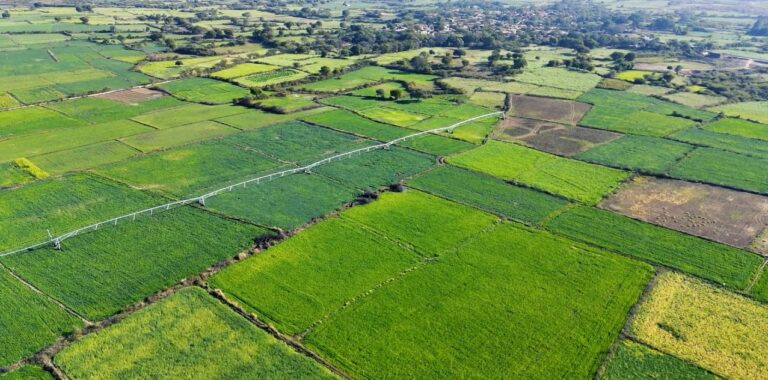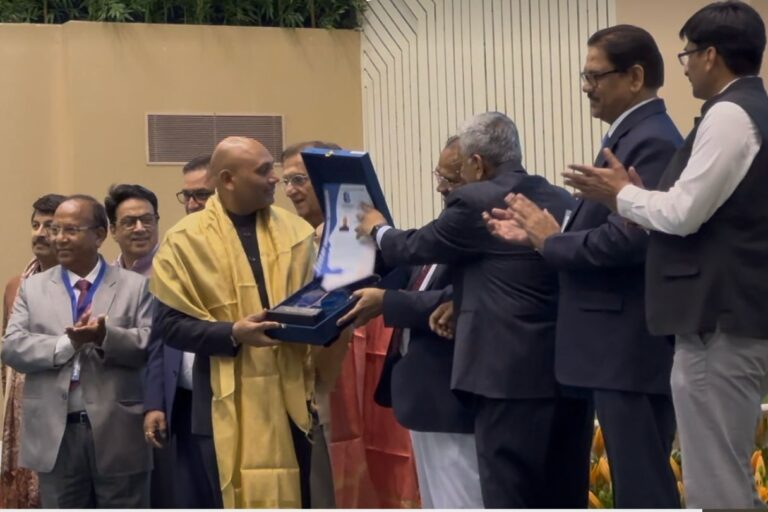
Nairobi: The German Federal Ministry for the Environment, Nature Conservation, Nuclear Safety and Consumer Protection (BMUV), the UN Environment Programme (UNEP), and the Secretariat of the Convention on Biological Diversity (SCBD) today jointly announced the establishment of a Multi-Partner Trust Fund (MPTF) on Nature for Health.
Announced on World Wildlife Day, today, the Fund – through an initial contribution of 50 million Euros from Germany’s International Climate Initiative (IKI), brings together leading UN agencies, intergovernmental organizations and civil society groups in the field of environment and health, namely UNEP, the SCBD, the UN Development Programme (UNDP), the World Health Organization (WHO), the World Organization for Animal Health (OIE), the International Union for Conservation of Nature (IUCN) and the EcoHealth Alliance. The Fund will be administered by the UN Multi-Partner Trust Fund Office.
The new Fund will help countries achieve more holistic policymaking by creating further evidence of the links between biodiversity, climate and health, and will support decision-makers and relevant actors to take measures to prevent future pandemics. Through the application of enhanced One Health approaches, the Fund aims to achieve improved policies and cross-sector collaboration.
“Above all, the Multi-Partner Trust Fund will focus on implementation. Implementation of preventive One Health action and policies at the local, national and regional level. It is necessary to work together to develop the full potential of biodiversity to contribute to our health and well-being across the planet,” said Steffi Lemke, German Minister for the Environment, Nature Conservation, Nuclear Safety and Consumer Protection.
“The global pandemic has revealed how interconnected nature and human well-being are. To address the triple planetary crisis of climate change, biodiversity loss, and pollution and waste, we need a true One Health approach. This is the only way to secure the health and well-being for current and future generations,” said Inger Andersen, UN Under-Secretary-General and Executive Director of UNEP.
The Fund will support fast-tracked implementation of the Convention on Biological Diversity Global Action Plan on Biodiversity and Health that is currently under development.
“The post-2020 global biodiversity framework is our prescription for putting nature on a path to recovery. The Multi-Partner Trust Fund will accelerate the uptake of the CBD draft Global Action Plan for Biodiversity and Health, that will be considered at COP-15. This is precisely the type of partnerships needed to achieve the 2050 Vision for Biodiversity and advance the health of people alongside the health of the planet,” said Elizabeth Maruma Mrema, the Executive Secretary of the Convention on Biological Diversity.
The Fund invites countries and donors to join this initiative to take action to prevent the next pandemic by investing in nature.
The UN World Wildlife Day has been celebrated annually since 2014. The theme of this year’s World Wildlife Day is “Recovering key species for ecosystem restoration”.
It may be mentioned that the Secretariat of the Convention on Biological Diversity (SCBD) was established to support the goals of the Convention on Biological Diversity (CBD), which was signed at the Earth Summit in Rio de Janeiro, Brazil, in 1992 and entered into force on 29 December 1993. It is the first global agreement to cover all aspects of biological diversity: the conservation of biological diversity, the sustainable use of its components and the fair and equitable sharing of benefits arising from the use of genetic resources.
The Federal Ministry for the Environment, Nature Conservation, Nuclear Safety and Consumer Protection (BMUV) is responsible for a range of government policies that are reflected in the name of the ministry itself. The ministry has been working over 30 years to protect the public from environmental toxins and radiation, to promote the wise and efficient use of raw materials, to advance climate action and to ensure that natural resources are used in a way that protects the diversity of animal and plant species and preserves their habitats. Since December 2021, the BMUV has been responsible for environmental protection and nature conservation and consumer protection policy. The BMUV, therefore, shapes core issues for the future that focus on people and their living environments. It drives economic, environmental and social modernisation. Climate action also remains a key issue for the BMUV with a focus on natural climate solutions, climate adaptation and resource policy.
– global bihari bureau





